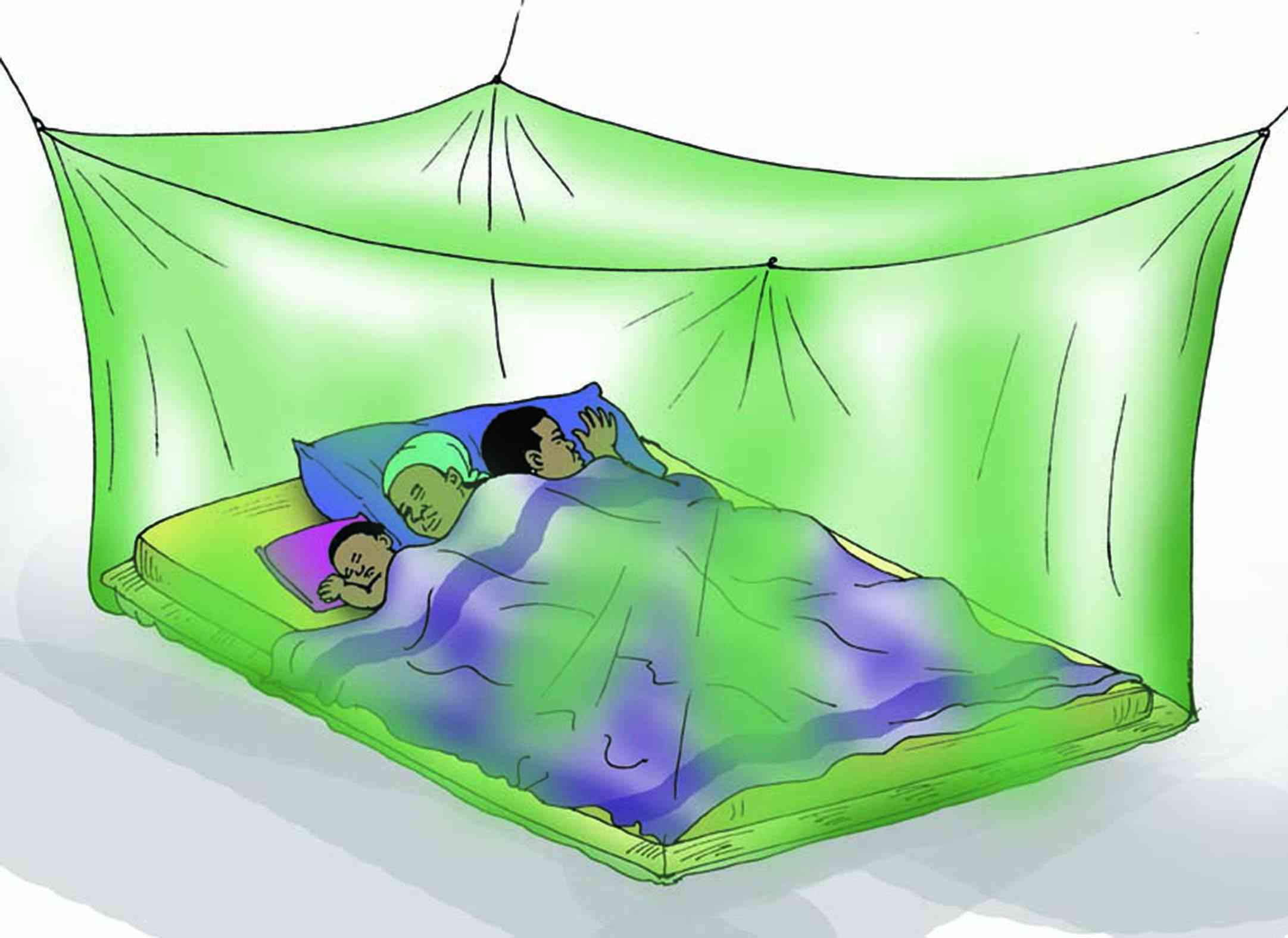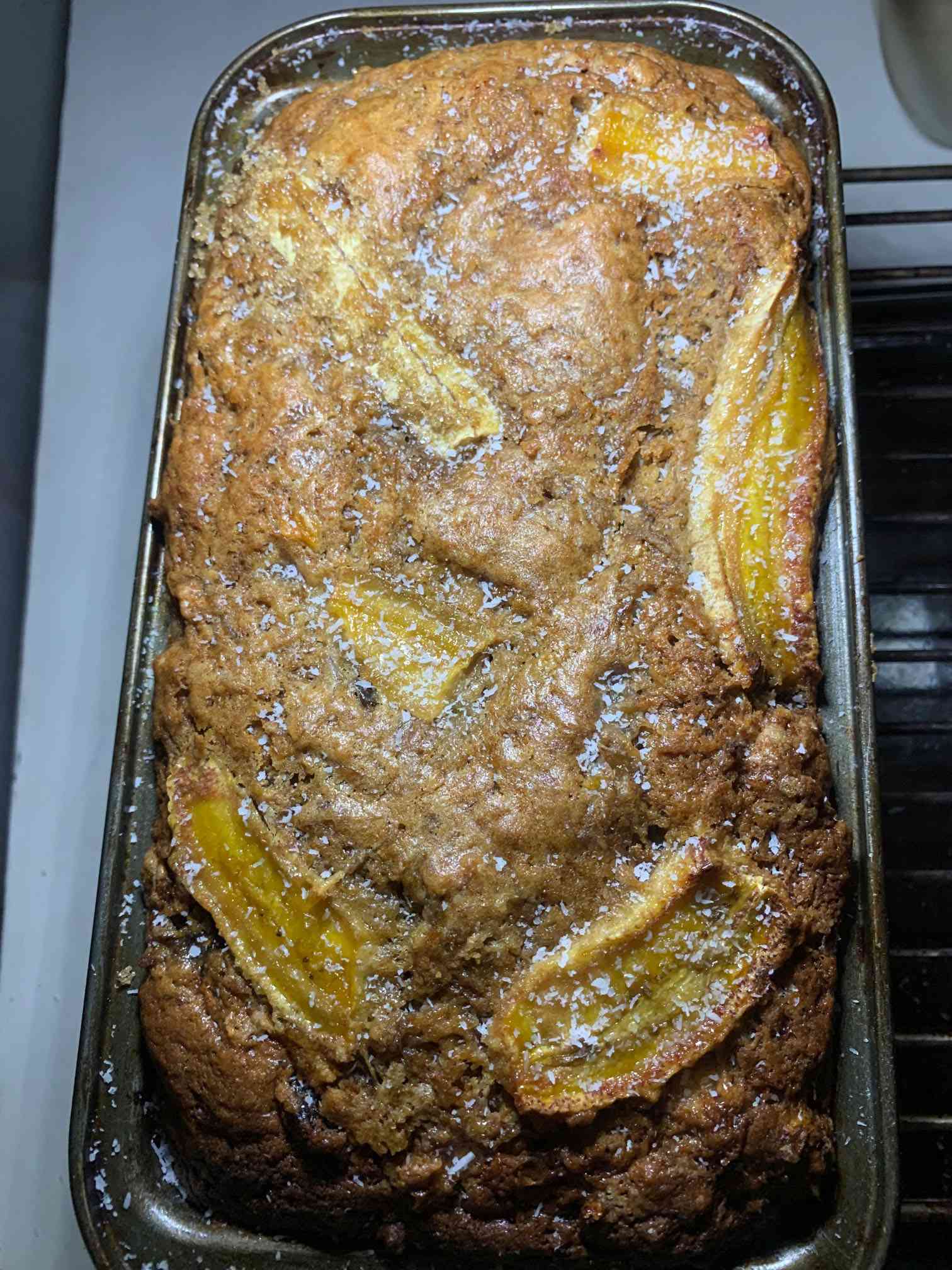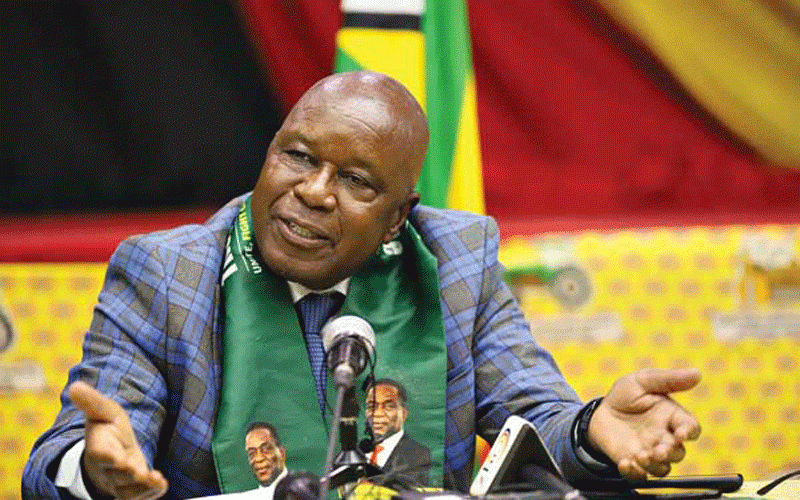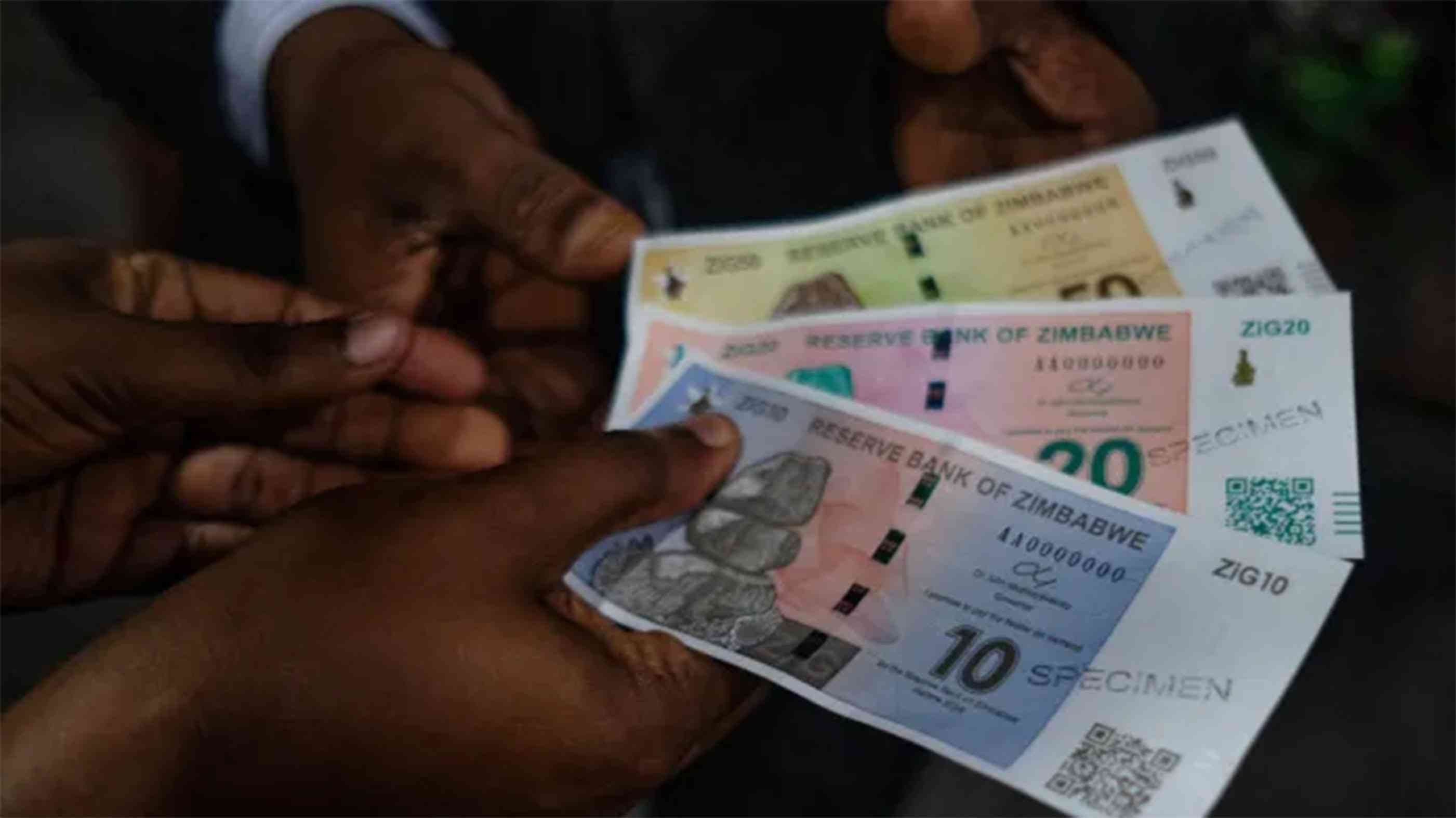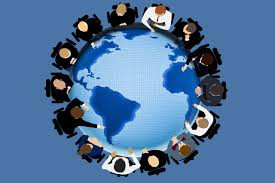
ON 25 March 2025, Heart and Soul Television (HSTV) published an interview that I had with Alpha Media Holdings (AMH) Chairperson Trevor Ncube on his popular weekly show ‘In Conversation with Trevor.’ Thanking me for coming being on the show on X, Trevor described the interview as ‘One of our best shows ever.’
I have him to thank for the invitation and the good work that AMH is doing in covering civic engagement on its platforms. AMH are the publishers of the NewsDay, The Standard and the Zimbabwe Independent. They are a force in the media space. Many influential media personalities in Zimbabwe have been shaped by this group and many continue to do good work in different civic and business spaces.
It is not lost to me that the show In Conversation with Trevor does attract a lot of attention but mainly from the business community. Indeed, our world has paid more attention to business leadership than it does to civic leadership. I therefore do not take it for granted when a well-established media group like AMH pays attention to civic leadership. I am indebted.
I believe in civic leadership.
I believe civic leadership is just as important as business leadership and it is a big deal when the media takes time to dig deep and reflect on civic leadership. These are not conversations that you find in many spaces. When business leaders wrote to me and said, ‘I enjoyed the conversation’, I was pleased. I thanked God for the grace to serve in this space. I pray that one day, in my lifetime, civic leadership conversations and literature will become mainstream, just as business leadership is. I continue to pray that one day, our society will invest equally or even more in civic leadership as it does in business leadership. We have seen the rise in transformational business leadership, thanks to the consciousness that our world as developed, there are great stories of success that we hear every day, despite the few bad apples.
In almost every university, you will find the school of business, teaching business leadership. Business is what it is because the world has paid attention and invested in leadership. And as John Maxwell says, ‘Everything rises and falls on leadership.’ With similar zeal, I pray that every university considers establishing the School of Civic
Leadership to invest in transformational civic leaders. Our country has suffered greatly from brain drain and the civic space has not been spared. Some of Zimbabwe’s most brilliant civic leaders have joined the global space, doing wonders and yet our own civic space is impoverished. The focus should not be to bring them back but rather to grow more of their kind from among us.
I say to AMH, thank you for your investment in highlighting the work of civic leaders in Zimbabwe. And thanks to all journalists who are doing their best to highlight the relevance of civic engagement in different spaces. I also give tribute to the institutions that have invested in me and continue to invest in civic leaders around the world. I am aware of the good work being done by the Institute of Peace Leadership and Governance (IPLG) at Africa University, Arrupe Jesuit University’s School of Ethics and Leadership, the Mandela School at the University of Cape Town, the Presidential Precinct in the USA, among many others that are helping us realise the importance and value of civic leadership in our world.
- JLL produces track on Koffee’s ‘Gifted’
- Sunday word: Salvation through faith
- Sunday word: Salvation through faith
- Do you know what transformation is?
Keep Reading
The work that civic leaders do in the age of authoritarianism, must never be underestimated. In the interview with Trevor, we spoke about a lot of things. In a conversation that is slightly over an hour, we put in there a lot of content that touched over six topics. I appreciate the fact that HSTV removed nothing from the interview. They captured everything, just as it is. We spoke about elections and democracy, civic leadership, human rights activism, civil society sustainability, civil society governance, rule of law and governance, among many other things. Each of these could be a separate conversation, very important for our country.
We spoke about activism and I got an opportunity to reflect on my own activism. I told Trevor that you don’t find activism. “Activism finds you in the face of injustice.” I said, “Activism is stepping forward, using the tools that you have , to cause positive change, inspired by the care you have for the community.”
Trevor Ncube stepped in a said it beautifully. He said something that will go on my wall. “Activism is an engaged citizenship, a caring citizenship, a citizenship that exercises its constitutional right and responsibility to oversee the government of the day.” (Emphasis added.) Activism is a labour of love. Activism says an injury to one, is an injury to all.
This month of April at ZimRights we are observing four years since the killing of Levison Ncube in Mabuthweni on 6 April 2020. Levison succumbed to injuries after being assaulted by police officers for breaking lockdown rules. When the murder happened, we made so much noise. Around the same time, the movement, Black Lives Matter went global protesting the killing of George Floyd by a police officer in the United States of America (USA). I addressed a meeting that was attended by a group of Zimbabweans. When I asked if anyone recognised the name ‘George Floyd’, every Zimbabwean in the room knew that George Floyd was an African American who was killed in Minneapolis by a white police officer Derek Chauvin, who knelt on his neck for almost nine minutes while Floyd was handcuffed and lying face down on the street. They were outraged. I asked the same group if they recognised the name Levison Ncube. Silence. No one knew. And in that silence, injustice grows and spreads like a pandemic.
I asked the question, “What do we need to do here in Africa, and in Zimbabwe to be precise, to make ordinary people angry about an act of injustice?”
If we care about the world we live in, the world that our children will grow up in, we cannot sit back and watch like a movie, while the violent are tearing down everything we believe in. For many years, I have always wondered, “Why does it feel right to sit back in the face of injustice? Why are we not moved to action?” This is the question that civic leadership seeks to answer, and the reality that activism seeks to change. This work is important. Without it, humanity would not have stood up to the injustice of slavery and colonialism. Without it, we would not today be able to confront the rising tide of war, violence and authoritarianism.
This is what Archbishop Fulton Sheen meant when he said,
“Freedom is not an heirloom, but a life. Once received, it does not continue to exist without effort, like an old painting. As life must be nourished, defended, and preserved; so, freedom must be repurchased in each generation.”
It matters not what one’s profession is, the obligation to defend our freedom and fight for justice falls on us all. If you are a medical doctor, there is space for you.
When Dr. Mashumba, a paediatrician was faced with the injustice of children dying in her face from lack adequate medical care support in March 2019, she stood and wept before the Minister of Health and before journalists, tears streaming down her cheeks. She was not weeping for better remuneration but for the lives of all children dying from curable diseases. She played her role. Through her successful practice, she continues to play her role every day.
In the face of injustice, we have an obligation to respond. And this should not be left to NGOs or the so called activists. It is everyone’s business. We are all activists. When an injustice happens, there is no thinking about who should act. We all must act out of our human instinct. The doctor. The lawyer. The judge. The journalist. The vendor. We are all activists. Our positive acts are inspired by love, the care we have for each other and our community.
We rise, together! We speak out, we stand up, we write, we join a movement – whatever tools at our disposal, we use them to do something. No one must claim paralysis. Everyone has got something to give. This is what Martin Luther King Junior meant when he said, “If you can't fly then run, if you can't run then walk, if you can't walk then crawl, but whatever you do you have to keep moving forward.”
In the age of rising authoritarianism and a total disregard for the eternal values of love and justice, we are all activists.
Bere is a Zimbabwean human rights activist and civic leader. He currently heads the Secretariat of the Zimbabwe Human Rights Association. ZimRights is a movement of over 250 000 activists fighting for human rights in Zimbabwe. — dzikamaibere@gmail.com

